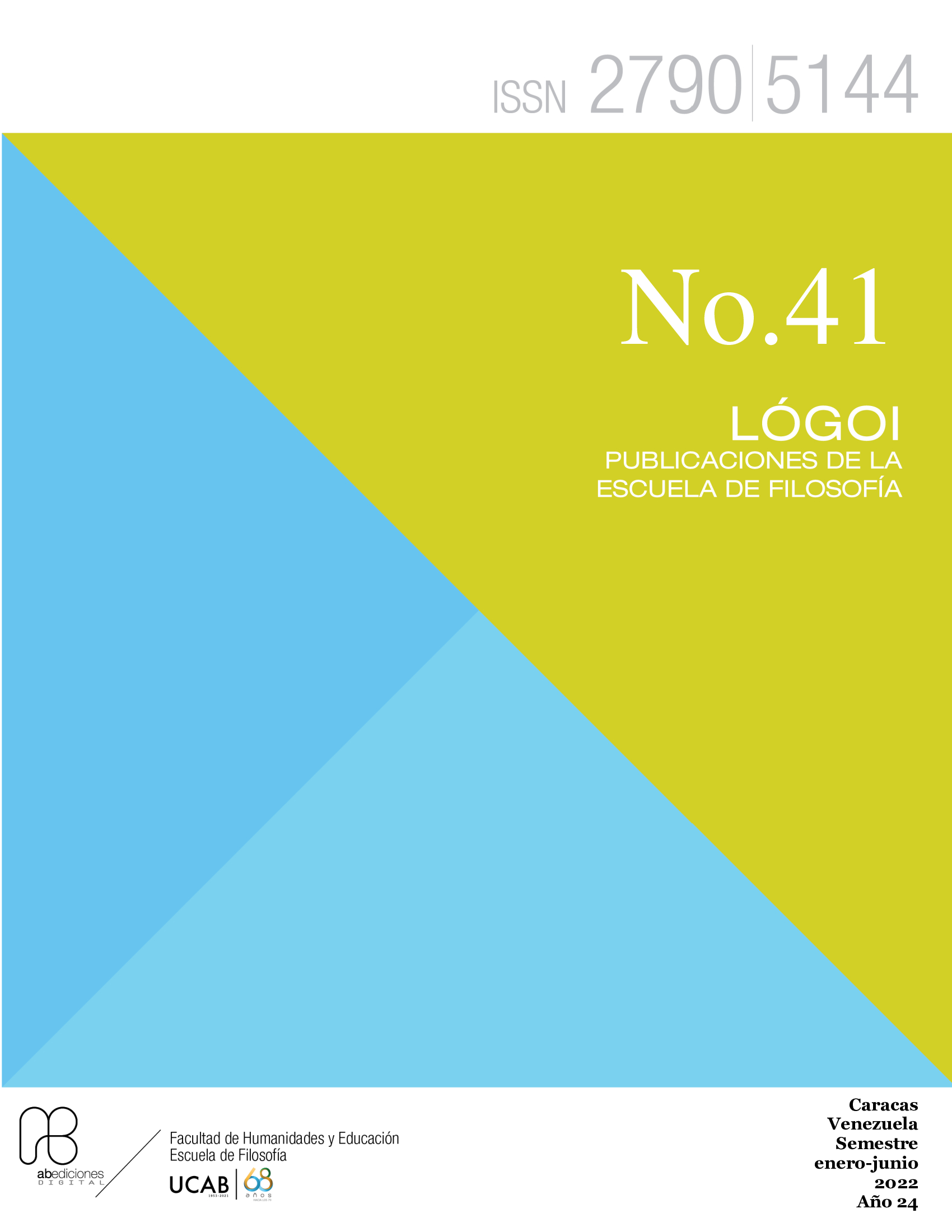No. 41 (2022): Núm. 41 (2022) enero-junio 2022. Lógoi. Revista de Filosofía

The study of economics and philosophy is not something new, but in recent years academia has resumed its interest in the relations between these two disciplines, beyond a deontological perspective, including political economy and its relationship with political philosophy, methodology and the epistemology of economics. or the ontology of economics. The morality of economic decisions can contribute to a better understanding of the study of economics, not only because it incorporates the ethical dimension, but also because it allows economists to comprehensively analyze the way in which their arguments are constructed and presented, incorporating the study of rationality into the analysis. There are many points of convergence between economics and philosophy, and in particular with moral philosophy: both are interested in intentional human action, which seeks to achieve ends or objectives proposed to generate individual and collective well-being[3], based on moral principles, or on hedonistic morality, in other cases on Aristotelian ethics, in the morality of Hobbes and Locke or in the Kantian ethics of duty, assuming different types of rationality, as Professor Cortina suggests, and thus admitting the possibility of attitudinal learning, in the sense that agents acquire knowledge about what should or should not be done, which can influence the formation of preferences. In particular, there are various approaches to ethics and economics based on the socio-political approach proposed by Guzmán Cuevas, evaluating the consequences of economic policies for individual and collective well-being, or studying externalities based on a rational analysis by an economic agent who is well informed. Another approach that has been studied in the framework of the relationship between philosophy and economics is related to agents who engage in altruistic behaviors. The treatment of altruism by authors such as Gary Becker is somewhat restrictive, but at least it recognizes what Martin Buber calls "the dialogical principle", understood as "the substantial presence of the other", which questions both the individualist and the collectivist position, and which also incorporates human motivations that go beyond the search for individual well-being with a sense of efficiency. that is, to use Argandoña's terminology, intrinsic motivations, where the agent is willing to accept the opportunity cost of carrying out actions that do not maximize their instantaneous utility, or transcendent motivations, which seek the good for other agents.
Published:
2022-02-05





.png)












